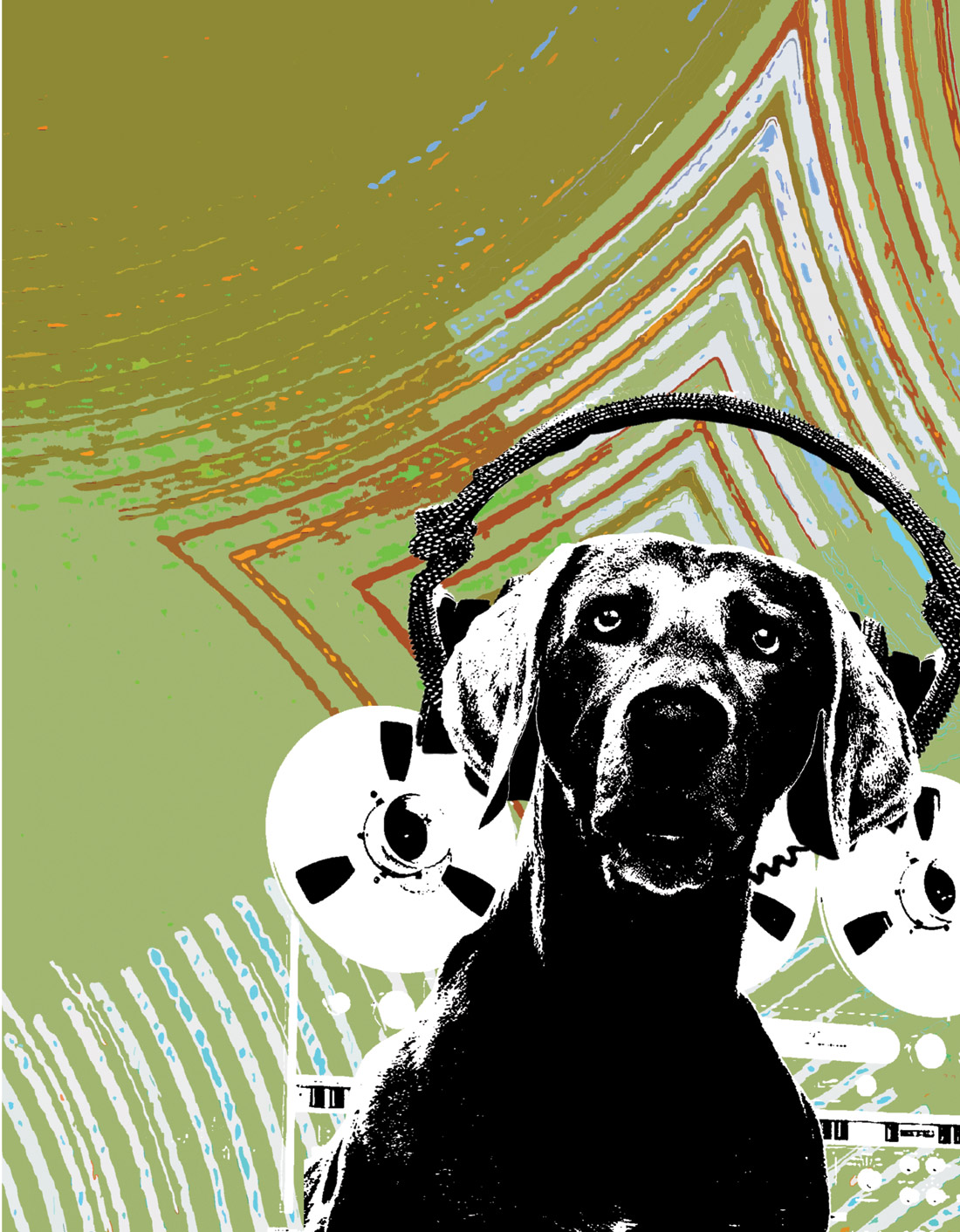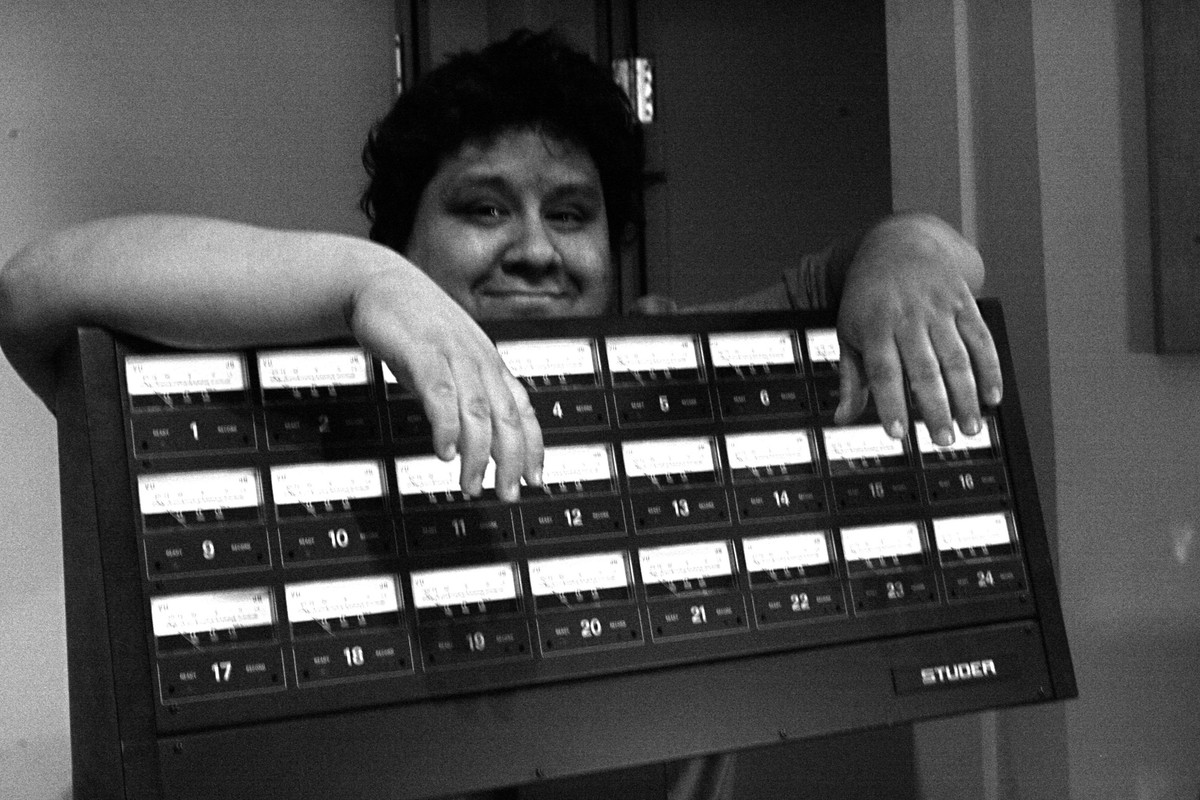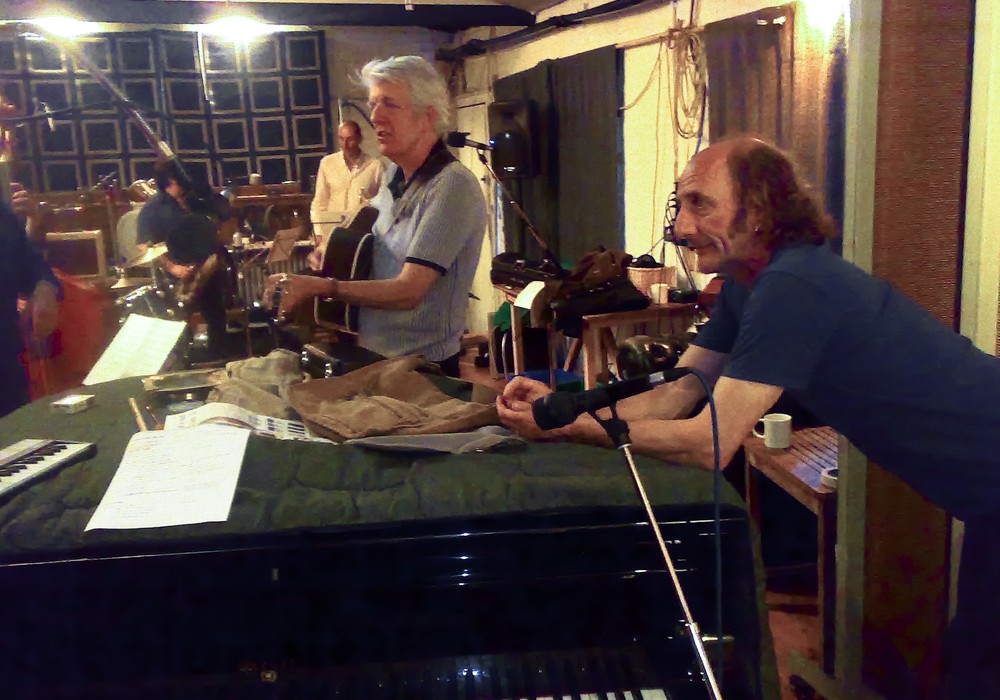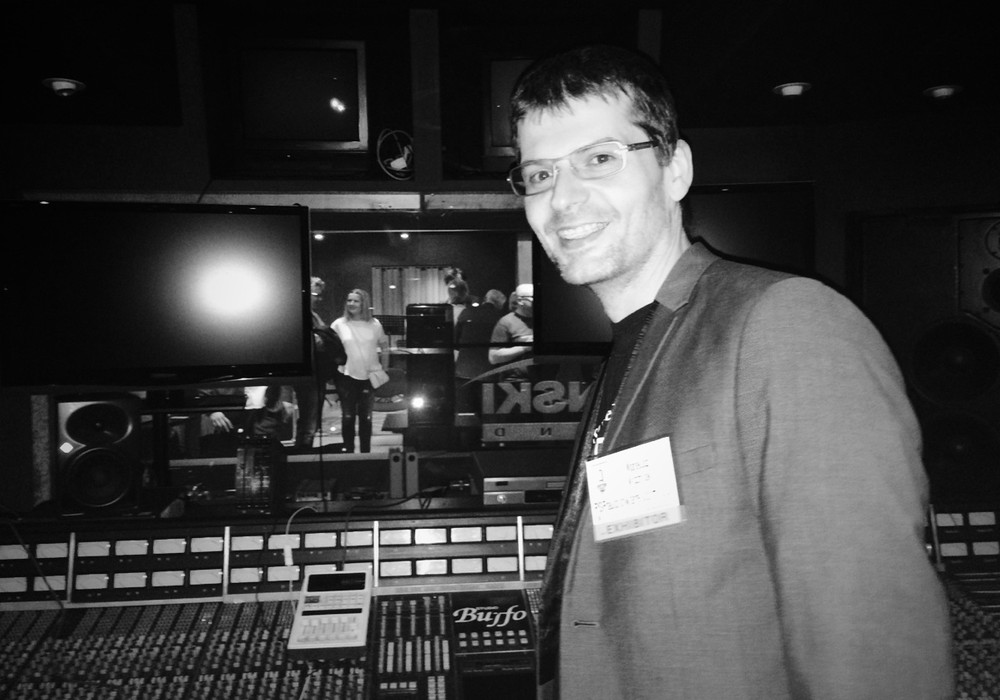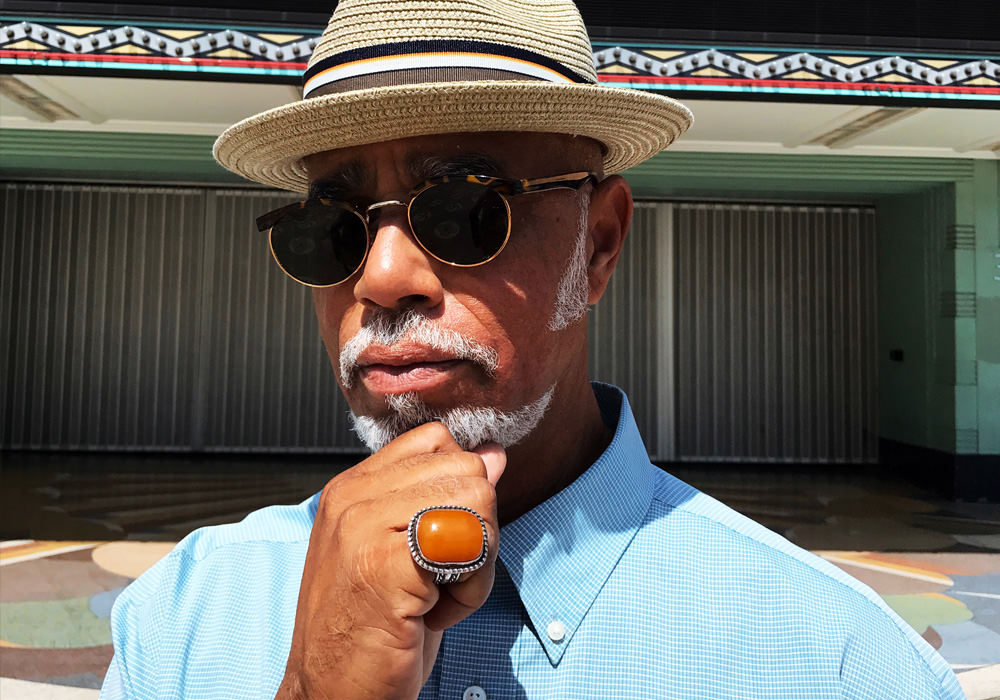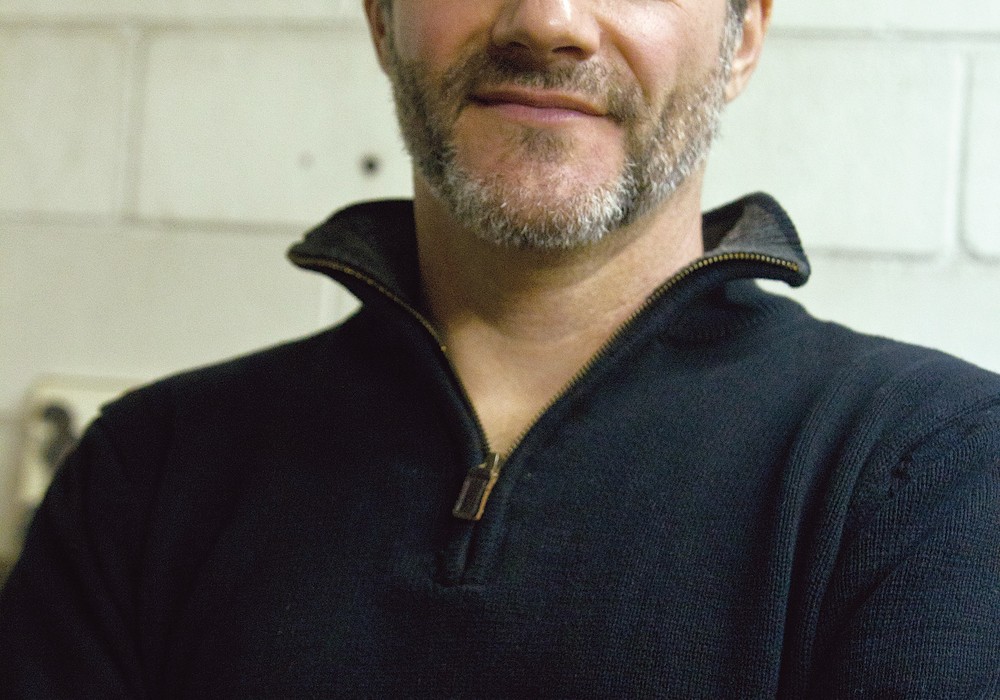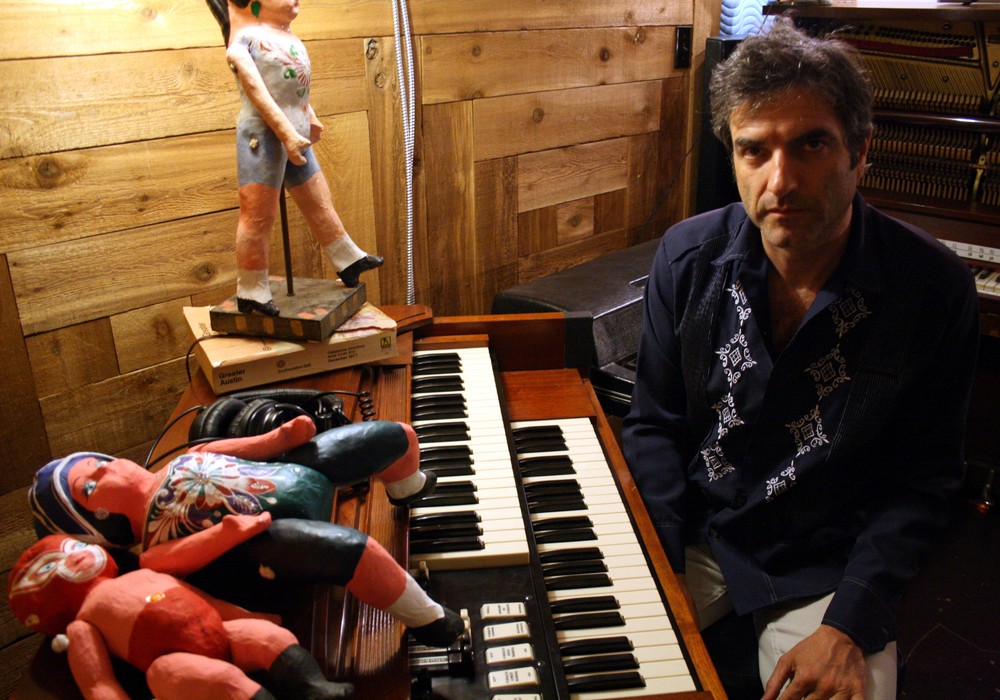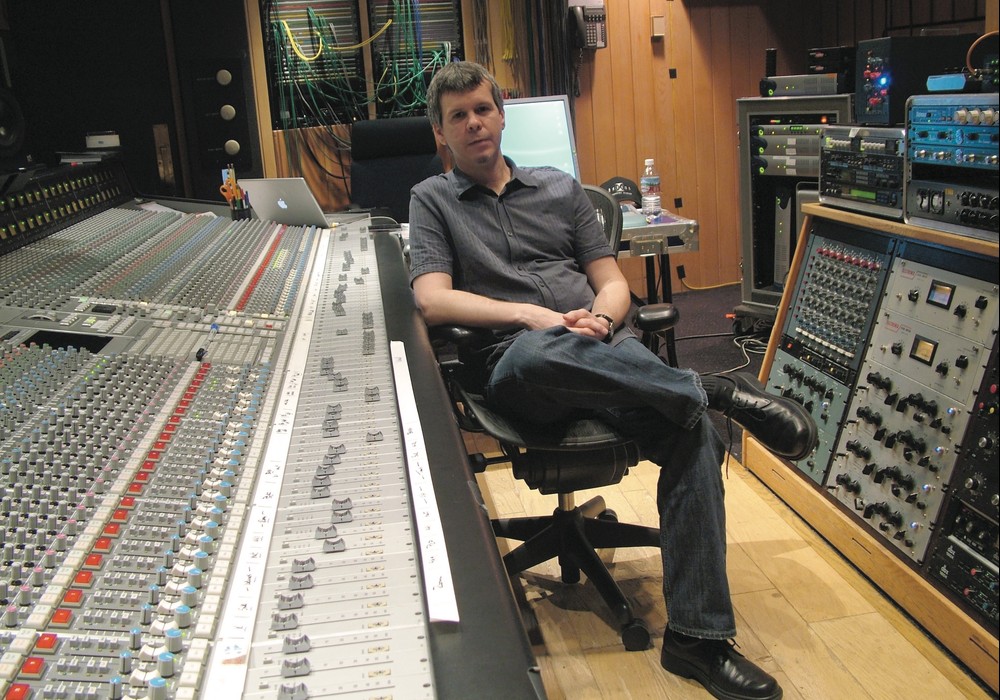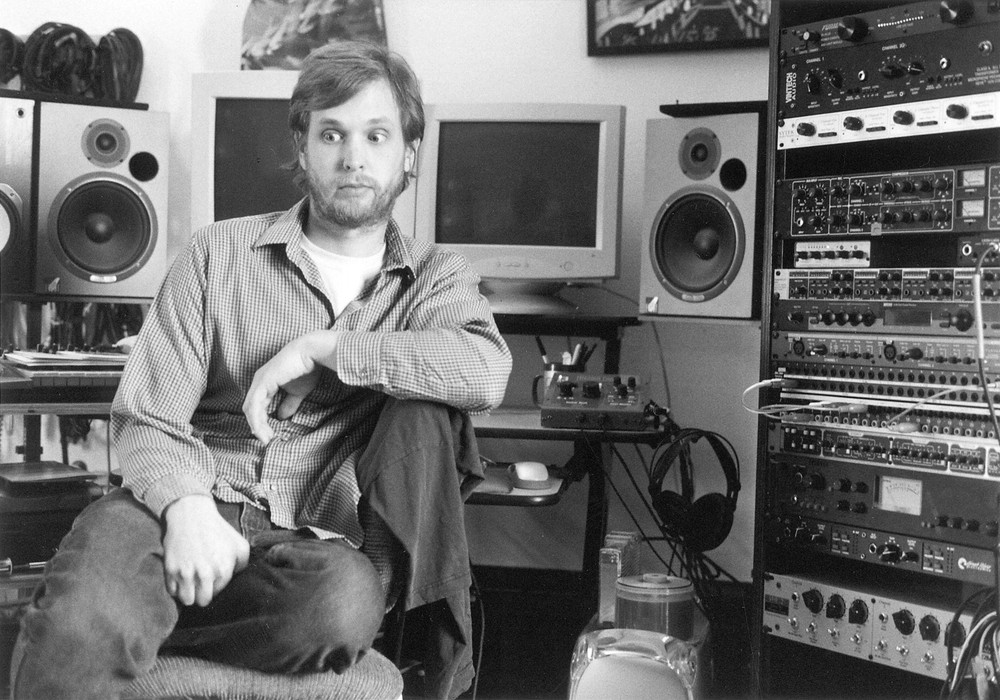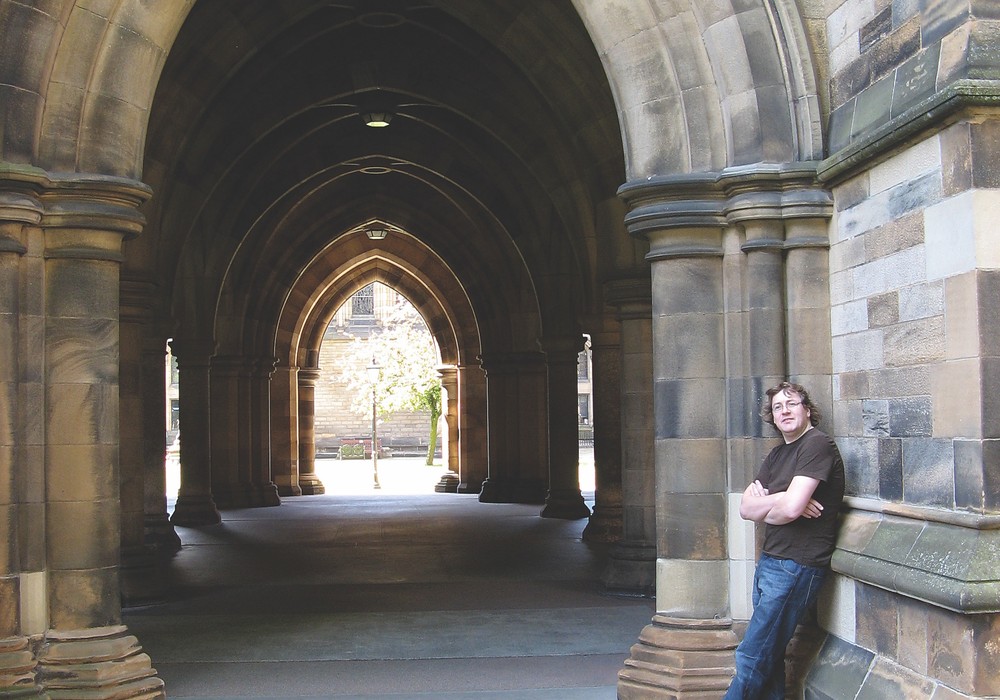It's a warm, sunny, February day in Los Angeles as I take the Vine street exit off the Hollywood freeway. Immediately on my left is the Columbia Records tower, one of this city's many "temples of sound" where, in the '50s and '60s, recording history was made on a daily basis.With its subterranean echo chambers and cylindrical 'stack-o-wax' design, the building is a symbol of past innovations from a bygone era, and a fitting landmark as I head into the heart of the Tinsel town. I'm on my way to one of L.A.'s newest recording studios, also owned by a label and replete with modern day innovations. Brushfire Records serves as the headquarters of Jack Johnson and his manager Emmett Malloy. Their studio is operated by veteran engineer, mixer and producer, Robert Carranza. Robert has been recording in L.A. for almost twenty years and has worked with the afore-mentioned Johnson, Beck, The Mars Volta, Los Lobos and Ozomatli. I had the pleasure of working with him on my band's most recent album, and quickly discovered that Robert was a guy with a brain to pick.
This studio seems compact, yet it's very complete.
I think what's really interesting about the studio, and the whole building, is that we are solar powered. The fibers that come from making denim [Bonded Logic's UltraTouch] are in the walls for insulation.
And soundproofing too?
Yeah. They actually have a great STC rating [sound transmission class]. All of the power in here is low- wattage. Most of the gear I have is not really soaking up a lot of power. The [Solid State Logic] AWS [900] is very conservative in terms of energy. Everything gets turned off. The lights in the studio have a two-hour clock on them so they shut [themselves] off. You have to wind the clock again. All of the wiring is recycled from different studios that were going out of business. Cable is cable. All we had to do was cut the ends off and re-solder. We recycled a tape machine from a friend of ours. We went out and bought some things new. The philosophy here is about being able to make our records and not soak up so much power and energy in doing so. I think we did a pretty good job. Is it perfect? No. Is it working? It works great.
It's definitely a big step forward. How many solar panels are you running?
I think there are thirty-five up there. The last Jack [Johnson] record [Sleep Through the Static] was 100% solar power. The sun is feeding the panels, the panels are feeding the walls and the walls are feeding the amps. The guys are feeding the guitars, which are feeding my microphones that feed the Pro Tools and tape. It's this whole cycle. People trip out when they come in. "Solar power? Really?"
"Is it going to die in the middle of my take?"
I actually had a guy ask me that. "I think my amp sounds different." Then he said, "Oh, I had the wrong pedal in."
You started off your career as the guy who worked at every studio in town.
I feel I was searching and my search came to an end. When I started off, I worked at all these places and I got to work with a bunch of people in different studios. But a few years ago we started seeing a lot of these places closing. That came into my decision a little bit, but mostly it was because of the people. When Jack [Johnson] and Emmett [Malloy] approached me and said, "Do you want to be a part of this?" I said, "Let me think about it." I talked to my wife to see what she thought and I realized, "This is a nice fit."
The time was right.
And I liked the people who were here. I found a home. I really feel like there's something special here and it reminds me of going back to the days of Atlantic Records — Tom Dowd (whom I really admire), [Jerry] Wexler and [Ahmet] Ertegün. They were the pioneers of their time. They kept it insulated and more of a home/family kind of a thing, and I feel like we have that in a different way. The whole label and artist and studio — everything all in one — can be terribly difficult at times but it can be so rewarding at others.
How do you think the recording process has changed from those days to the present?
The way we record now — we're too much in a rush. Nowadays you write a song — you're in some pro studio, you're in your home studio — "Let me get it out. I'm going to do it right now." It's so instantaneous that we don't take the time to see if something's there or not. To really hone in and ask, "What is this? What am I trying to say?" Most people don't listen anymore. It's a shame. Most people want it to sound good now but they don't want it to feel good. Sound is a byproduct of music making. It's emotion that we're being sold on. They go hand in hand, but songwriting is such an underrated craft.
You brought this up...
The rest of this article is only available with a Basic or Premium subscription, or by purchasing back issue #69. For an upcoming year's free subscription, and our current issue on PDF...
Or Learn More
